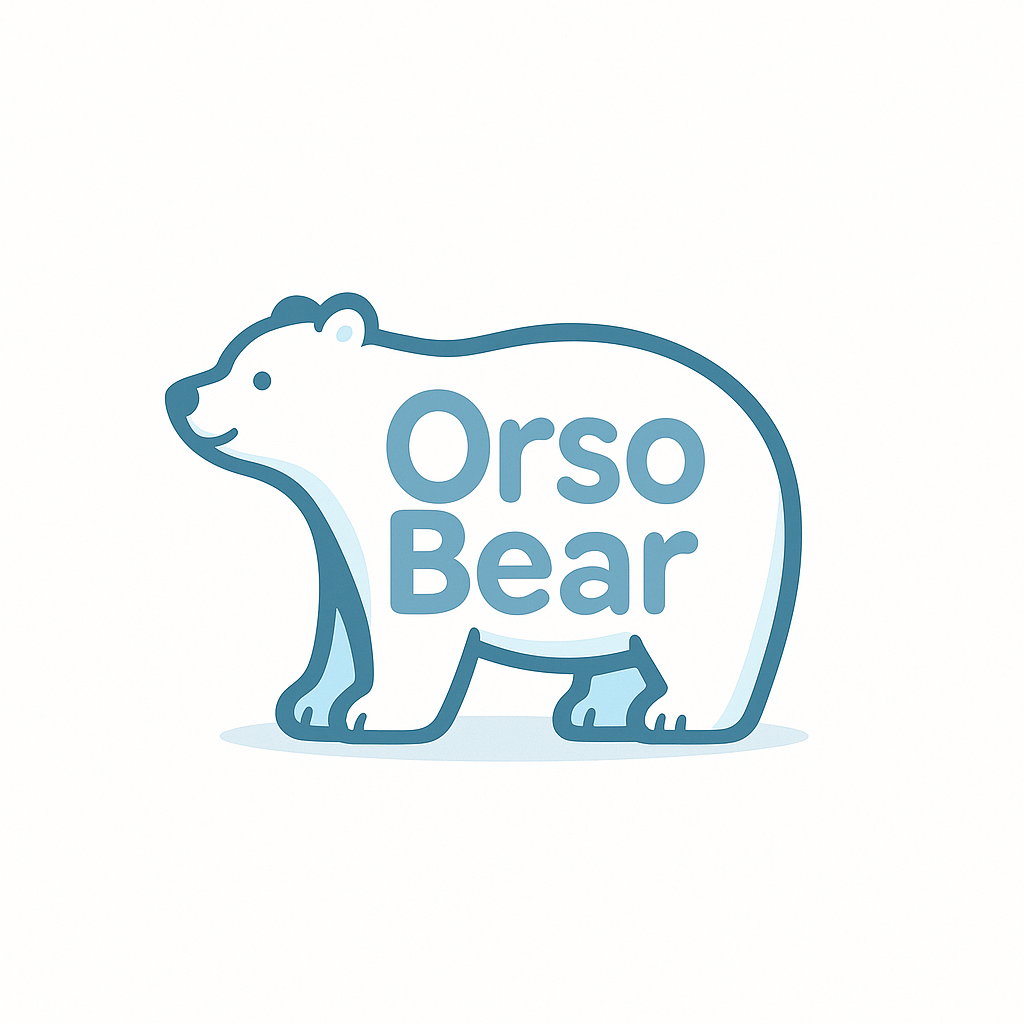Introduction
As we step further into the era of artificial intelligence (AI), dreams of self-driving cars, personalized shopping experiences, and highly efficient businesses are becoming a reality. However, with this revolutionary technology comes a multitude of ethical considerations that we can’t afford to ignore. As small business owners with a keen interest in AI, it’s crucial to understand the ethical implications of implementing AI in our ventures. This blog post will delve deep into the ethical considerations of AI development and its potential future trends.
Understanding AI Ethics
AI ethics is a branch of ethics that explores the potential impact of AI on human life and the society we live in. It covers a range of issues from privacy and surveillance to bias and employment displacement. AI’s ability to learn from and replicate human behavior means it can also reproduce and amplify our biases. This makes it vital for AI developers to consider the ethical implications of their designs and ensure they promote fairness and equality.
For instance, Amazon had to abandon an AI recruitment tool that was found to be biased against women. The algorithm learned over time to filter out resumes that mentioned the word ‘women’s’, such as ‘women’s chess club captain’, and downgraded graduates of all-women’s colleges. This case highlights how unchecked AI can inadvertently perpetuate existing biases.
Data Privacy and Security
AI systems often work by collecting and analyzing large amounts of data. This presents significant concerns about data privacy and security. How is this data stored? Who has access to it? Is it used in a way that respects the privacy of individuals?
For example, Google faced backlash when it was discovered that its AI system, Google Duplex, was making phone calls to businesses without disclosing that it was an AI. This raised questions about the ethical obligation of AI systems to be transparent in their dealings with humans. It’s crucial for businesses to ensure their AI systems respect the privacy and dignity of their customers.
Job Displacement and AI
As AI systems become more advanced, there’s concern about job displacement. According to a report by McKinsey, about 30% of tasks in 60% of occupations could be automated. This may result in significant job displacement, particularly in sectors like manufacturing and retail.
However, it’s not all doom and gloom. AI is also expected to create new job opportunities in areas like AI ethics, data analysis, and machine learning. It’s essential for businesses to consider the potential impact of AI on employment and plan for a future where AI and humans coexist in the workforce.
Future Implications and Trends
As we move forward, we’ll see an increased focus on ethical AI development. This will likely be driven by legislation as well as demand from consumers for ethical AI products. The European Union, for example, is already working on regulations to ensure that AI is used ethically and responsibly.
Additionally, we can expect to see more businesses adopting AI ethics frameworks and guidelines. This includes principles like transparency, fairness, and accountability. Businesses that fail to adopt ethical AI could risk damaging their reputation and losing the trust of their customers.
Conclusion
AI development offers immense potential benefits but also poses significant ethical challenges. These include concerns about bias, privacy, security, and job displacement. As small business owners, it’s our responsibility to navigate these issues carefully and ensure our use of AI respects the rights and dignity of all stakeholders.
By staying informed about these ethical considerations and future trends, we can make wise decisions about AI that benefit our businesses while respecting the principles of fairness, transparency, and accountability. The future of AI is bright, and by addressing these ethical considerations, we can ensure it’s also fair and equitable for all.




